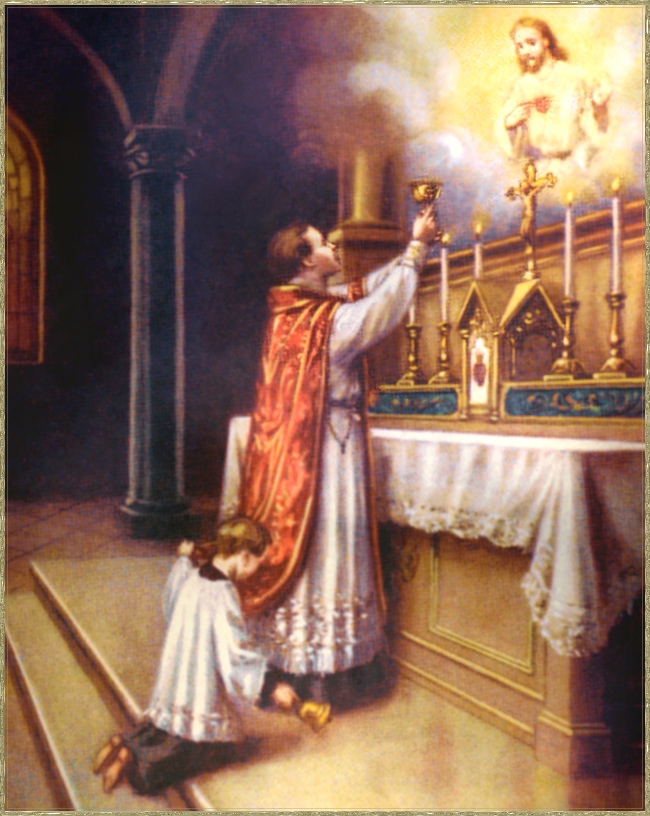 How many of us wonder in our secret hearts just what our lives are meant to be, what impact our presence and passing may have on the balance of the world both as it is now and as it may become? Mary Stewart had nineteen long years to ponder these questions, and possessed both the courage and the will to determine for herself the outcome of her personal tragedy and make her mark in our hearts and in the lives of many generations of Scots and Englishmen.
How many of us wonder in our secret hearts just what our lives are meant to be, what impact our presence and passing may have on the balance of the world both as it is now and as it may become? Mary Stewart had nineteen long years to ponder these questions, and possessed both the courage and the will to determine for herself the outcome of her personal tragedy and make her mark in our hearts and in the lives of many generations of Scots and Englishmen. Born to rule, raised in luxury at the French court, Queen of Scotland, Queen Dowager of France, second in line to the English throne, in her darkest nightmares Mary could not have imagined what her life would become when she set sail from France in 1561 at the age of eighteen to rejoin her people and begin her personal rule of Scotland.
Well-educated, beautiful, charming, religiously tolerant of her Protestant subjects, and loyal and caring with high- and low-born alike -- none of these talents and qualities were adequate for holding her throne against the greed and ambition of the Scottish nobles. The very qualities so often admired in the Scots -- independence, courage, clan loyalty -- worked against a strong monarchy in Scotland. These powerful lords were only interested in self-aggrandizement and extending their own lands and power base. Constantly changing loyalties and pacts amongst them brought Mary to grief over and over again. The duplicity of Elizabeth I, Mary's cousin and Queen of England, further undermined Mary's authority.
After a remarkable series of catastrophes, including Mary's ill-received marriage to Lord Darnley (father of James VI), the murder of Mary's servant Riccio, Darnley's subsequent murder at Kirk o' Field, her abduction and brief marriage to James Hepburn, Earl of Bothwell -- all with in a three-year period! -- Mary made the most unfortunate decision of her short reign. Pursued by rebels, Mary chose to flee to England, rather than attempt an escape to France. Putting herself into Elizabeth's hands seems well-nigh impossible to understand, for Elizabeth's primary concern throughout her reign was to secure the kingdom to herself and ensure a Protestant England. Once on English soil, Mary never left again. She was imprisoned in various homes and castles for the next nineteen years -- and eventually executed (illegally) on charges of treason soon after her 44th birthday.
In reflecting on Mary Queen of Scots' life and person, we are overwhelmed at the unfairness and injustice she suffered, losing her kingdom to the pettiness of those less fit to rule. Her son, Jame VI (James I of England, surname Stuart from his father Darnley), torn from her at age 10 months, was raised to despise her and her Catholic faith -- he never lifted a finger to help her and did not grieve at her death. Elizabeth's motives are at least clear, as Mary was a definite threat to her throne, but the underhanded and cruel way in which Mary was often treated is inexcusable.
Many readers become bored with Mary's later life, preferring the excitement and romance of her youthful escapades. But half of Mary's life was led in captivity and the maturity and insight she gained during these years produced her immortal legacy. While always loyal to the Roman Catholic church, Mary had not been excessively devout when young.
However, her years in prison deepened her faith. Knowing she would soon be put to death, Mary determined to die with all the dignity of a Queen (a birthright no one could take from her) and as a martyr to the Catholic faith. In this endeavor, she richly succeeded and future generations revered her devotion to the cause of Christ and put to shame her oppressors.
"In my end is my Beginning"
Mary, Queen of Scots











No comments:
Post a Comment